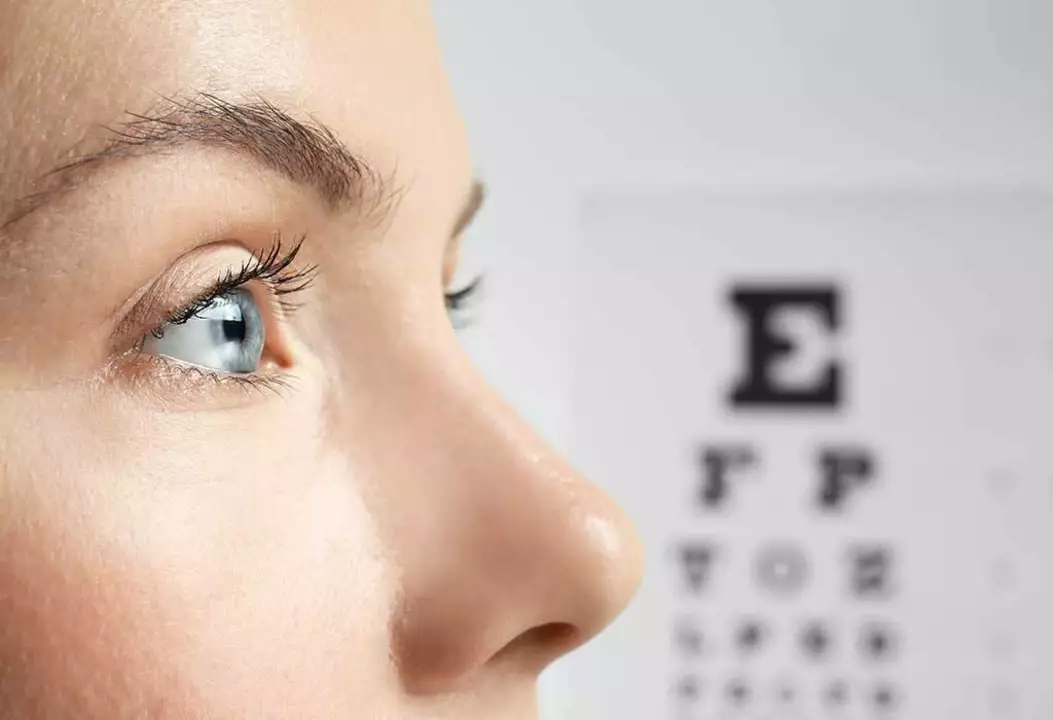Protecting Vision: Practical Tips to Keep Your Eyes Healthy
Your eyesight can change slowly without you noticing. Small daily habits make a big difference. Start with regular eye exams. Adults should get a baseline eye exam at age 40, then every two years if healthy. If you have diabetes, high blood pressure, or a family history of eye disease, see an eye doctor every year or as advised.
Protect your eyes from UV and injury. Sunglasses that block 100% UV rays reduce cataract and macular damage risk. Wear safety goggles for power tools, chemicals, or sports. Even gardening can throw up debris that injures the eye.
Manage health and lifestyle risks. Smoking raises the chance of macular degeneration and cataracts, so quitting helps protect vision. Keep blood sugar and blood pressure under control — both damage the tiny vessels in the eye. Aim for regular exercise, healthy weight, and limited alcohol.
Change screen habits to cut eye strain. Follow the 20-20-20 rule: every 20 minutes, look at something 20 feet away for 20 seconds. Position screens at arm’s length and slightly below eye level. Reduce glare with matte screens or position lighting. Blink often, and if your eyes feel dry, use preservative-free artificial tears.
Eat for your eyes. Foods rich in lutein, zeaxanthin, omega-3s, vitamin C, vitamin E, and zinc support eye health. Good choices include kale, spinach, eggs, oily fish like salmon, oranges, and nuts. For people at high risk of age-related macular degeneration, major trials such as AREDS showed that specific supplements with antioxidants and zinc can slow progression. Talk to your doctor before starting any supplement.
Mind contact lens safety. Wash hands before handling lenses, replace lenses and cases as recommended, and never sleep in lenses unless prescribed. Avoid showering or swimming while wearing contacts to cut infection risk.
Know warning signs and act fast. Blurred vision that starts suddenly, a shadow or curtain over part of your view, flashes of light, or sudden double vision need urgent care. Timely treatment can save sight in many cases.
Protect kids’ eyes. Limit screen time, encourage outdoor play — natural light helps reduce myopia progression — and schedule pediatric eye checks at recommended ages. Teach protective habits early.
Make your environment eye-friendly. Use strong task lighting for reading, increase font sizes on devices, and keep humidity comfortable to avoid dry eyes. At work, request an ergonomic assessment if you spend long hours at a computer.
Small changes add up. Regular exams, UV protection, healthy habits, smart screen use, and good nutrition all work together to slow vision loss and keep your eyes comfortable. If you notice any worrying changes, ask your eye doctor — early action matters.
Consider updating your glasses and prescriptions regularly. If you find yourself squinting, getting headaches, or struggling at night, schedule a refraction check. For long trips, carry spare glasses and eye drops. When playing sports, use polycarbonate lenses that resist shattering. For dry eye, changes like humidifiers and omega-3 rich foods often help.

